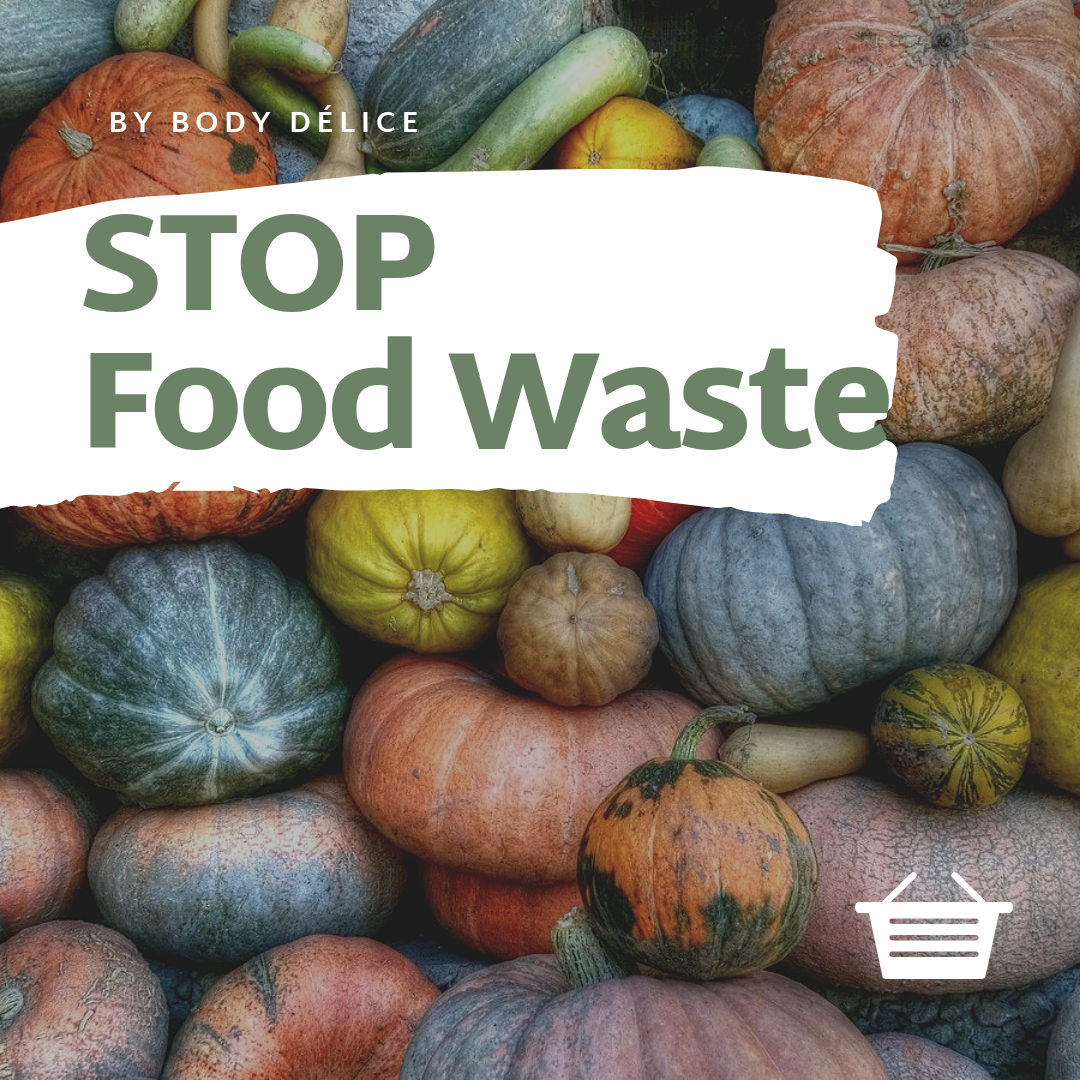
I love cooking, so we rarely go to restaurants. But when we do and that I just can’t finish my plate, I’m leaving with my little doggy bag. And I love that! Because we don’t do that in France. It’s not in our culture and restaurants don’t offer it when you’ve got some leftovers in your plate. And this is a shame! Because I heard at the occasion of the “Stop Food Waste Day” on the 24th of April, some crazy figures on food waste and that’s the reason why I decided to write this post.
In my opinion, it is not a topic that we hear much about.Whereas behind food waste, there are many environmental, economic and ethical issues that everybody should be aware of…
But first, what is food waste?
Food waste is defined as all the food aimed for human consumption which is wasted, lost or damaged.
Basically food waste can happen all along the food chain:
- production
- food processing
- distribution
- consumption
Let me explain with an easy example : French fries … Yummy ! 🙂
- Potatoes can be wasted during production process if some are damaged during harvest, or forgotten in the field, or simply not mature enough…
- Then, when fries are sliced, some potatoes may not be calibrated and the smallest fries will be set aside.
- During distribution time, if cold chain is interrupted, the fries are thrown away.
- And when French fries finally arrive in our plates, they may be overcooked, too salty, not appreciated or served in excessive quantities.
Global figures…
Of all food produced is wasted every year.
Of all fruits and vegetables are wasted every year.
If only 25% of the food wasted were saved, it could feed 870 million hungry people each year.
So let’s be clear:
- When it’s said that 1/3 of the global food production is annually wasted, it means that 1.3 billion of tons of food is wasted each year!
- When 50% of all fruits and vegetables are wasted each year, it means that 28% of the world’s agricultural area is used to produce food that in the end is lost or wasted.
- And all this means that food waste’s carbon footprint is very polluting as it’s estimated at 3.3 billions of tons of CO².
What can we do?
There are plenty of tips on internet to better handle your food consumption and thus, your food waste.
For example, you can freeze most of your leftovers (and also bread, cheese, ham, wine -> then I use it for my risotto for example).
Be careful when you buy your products at the grocery store. Have a closer look to the expiration date.
Give away and help people in need!
Use some apps like “Food for all” “Olio” or “too good to go“.
Give a second life to your waste and start a compost or use a collective one ! You can even have one on your balcony. And I swear, it doesn’t smell at all. We’ve got one for two years now and it was our main action to decrease our food waste.
Learn to cook stems and the top leaves of your veggies! I’ve got good recipes to share if you’re interested 😉
“I only feel angry when I see waste. When I see people throwing away things we could use.”
_ Mother Teresa
Comments (0)
You must log in to post a comment.








